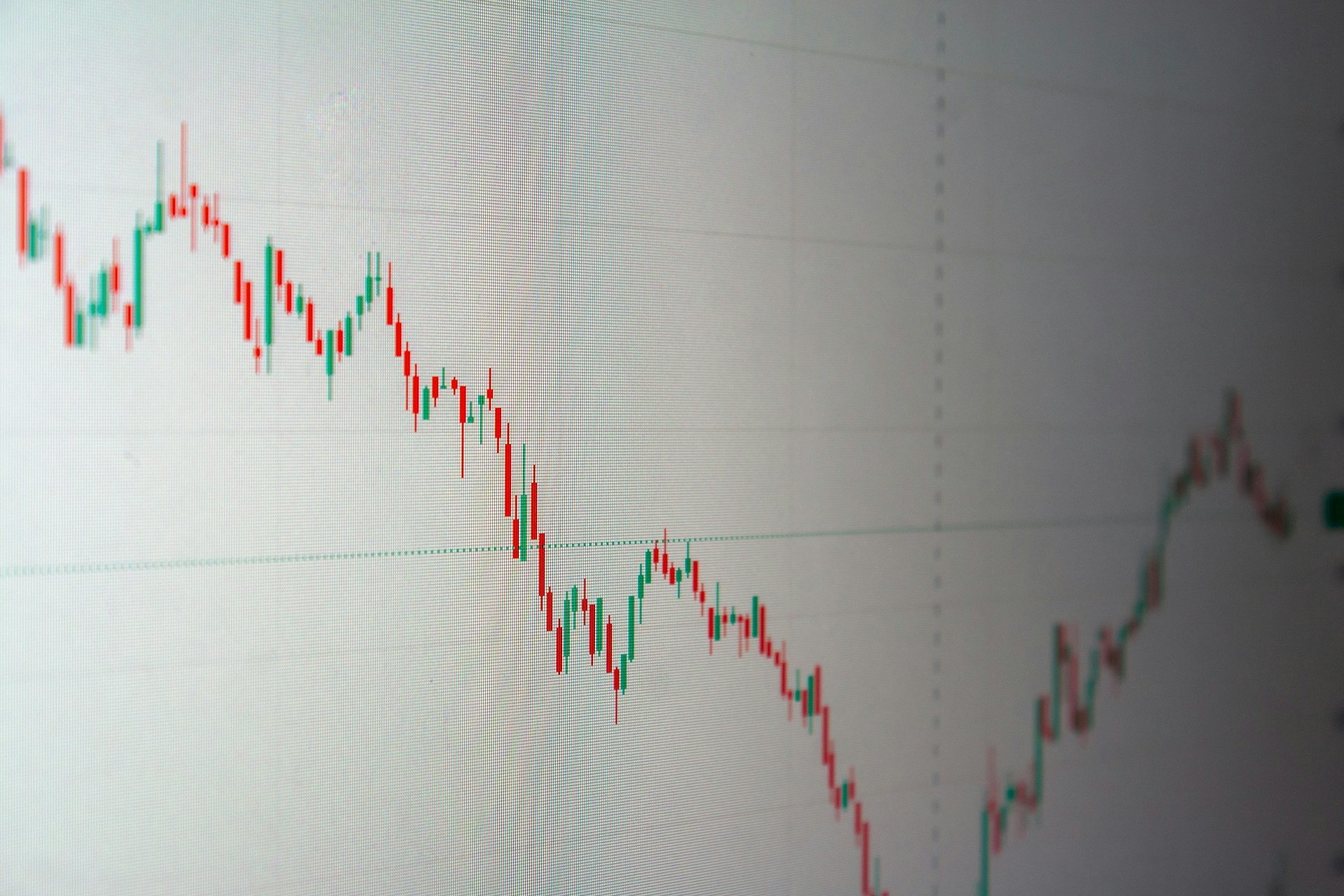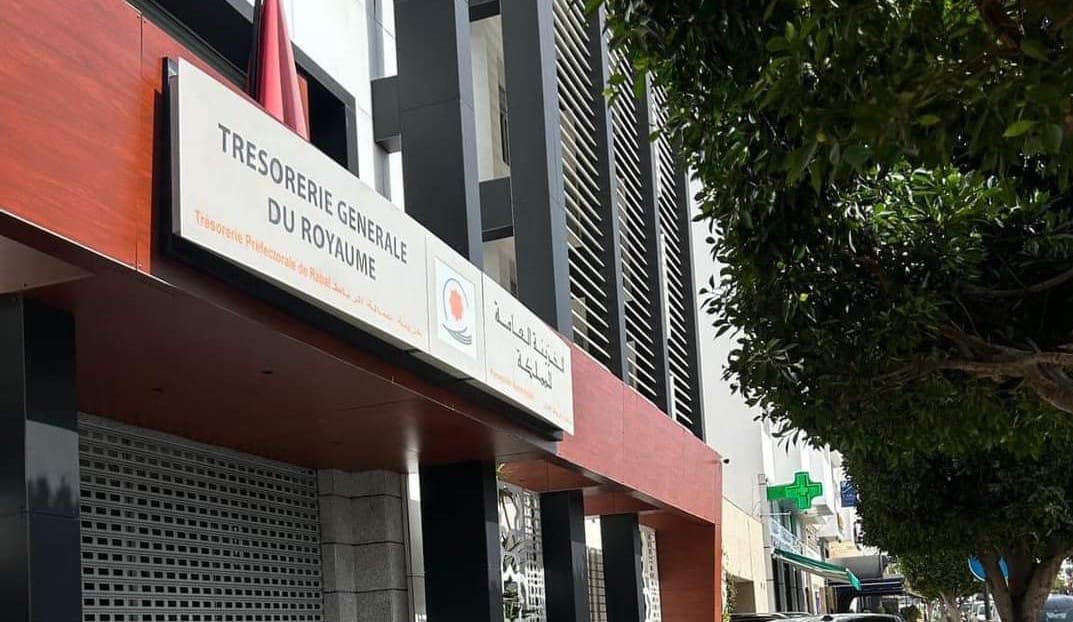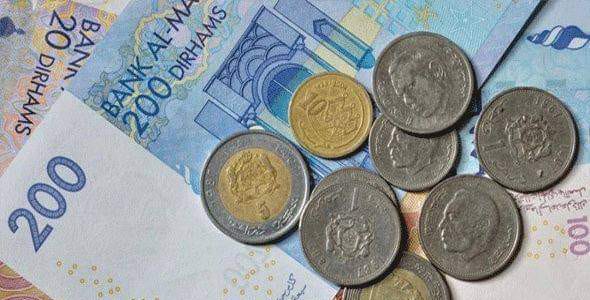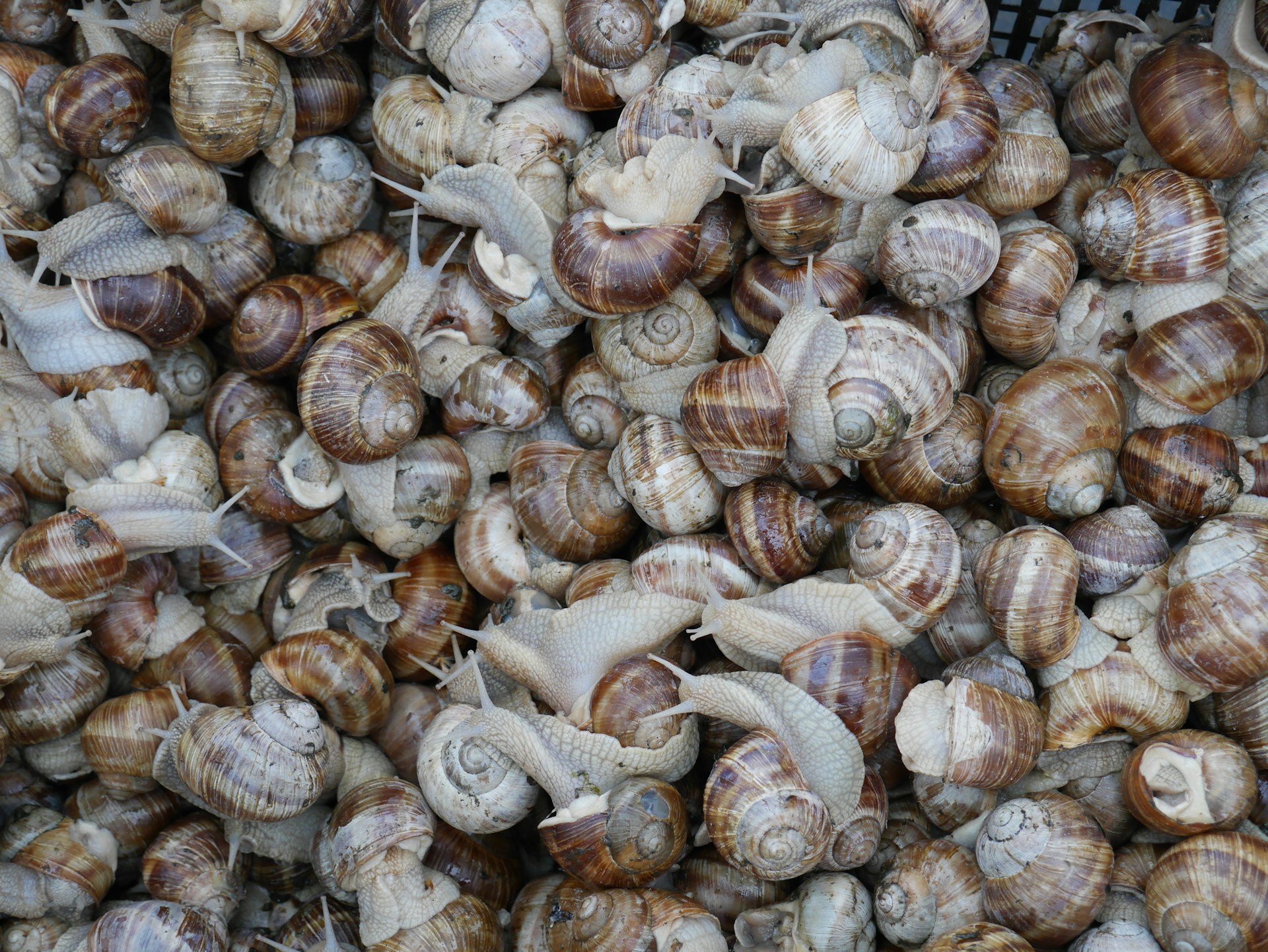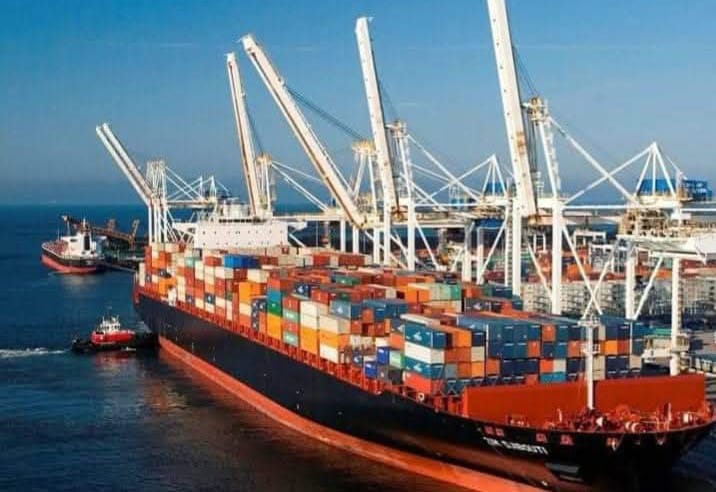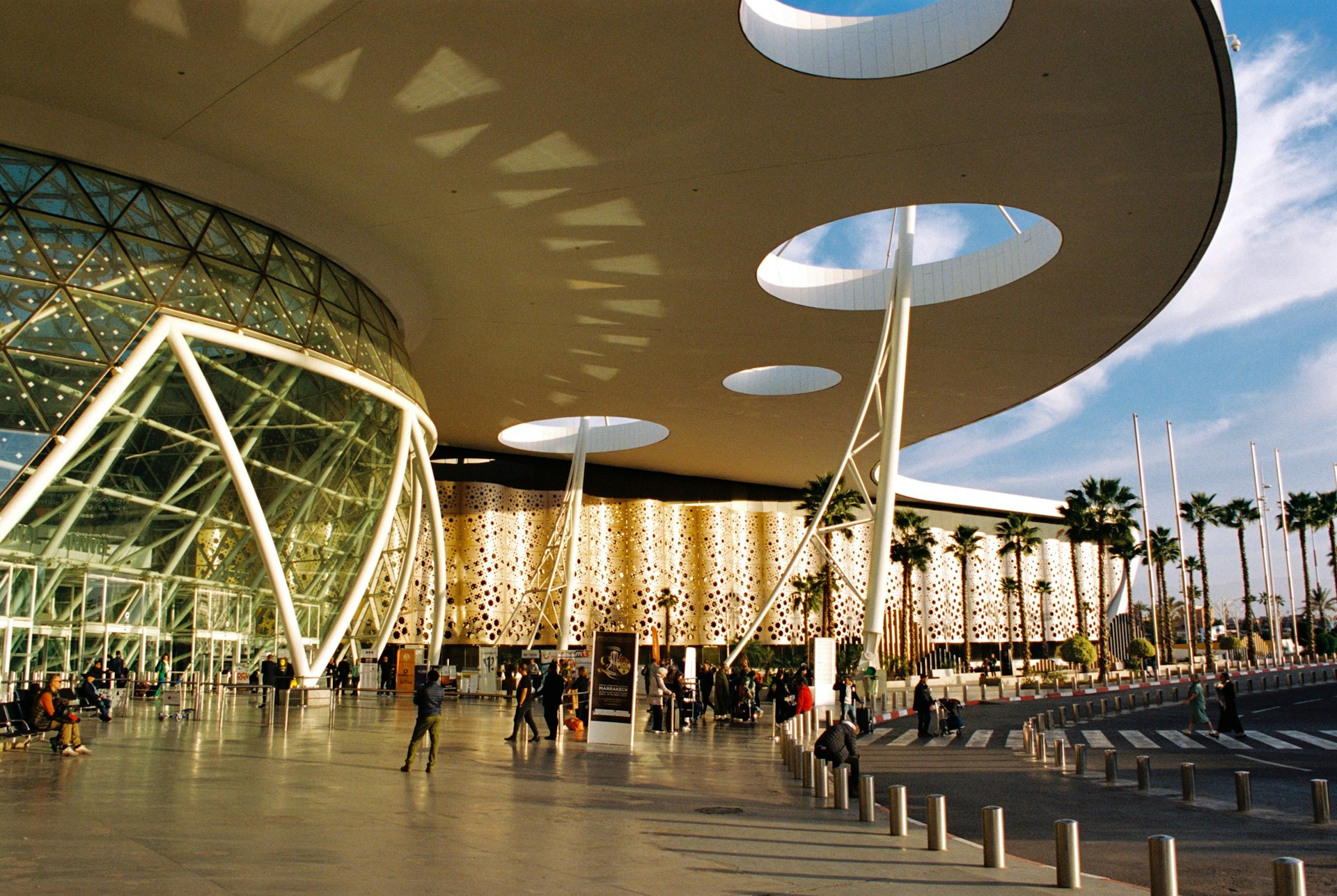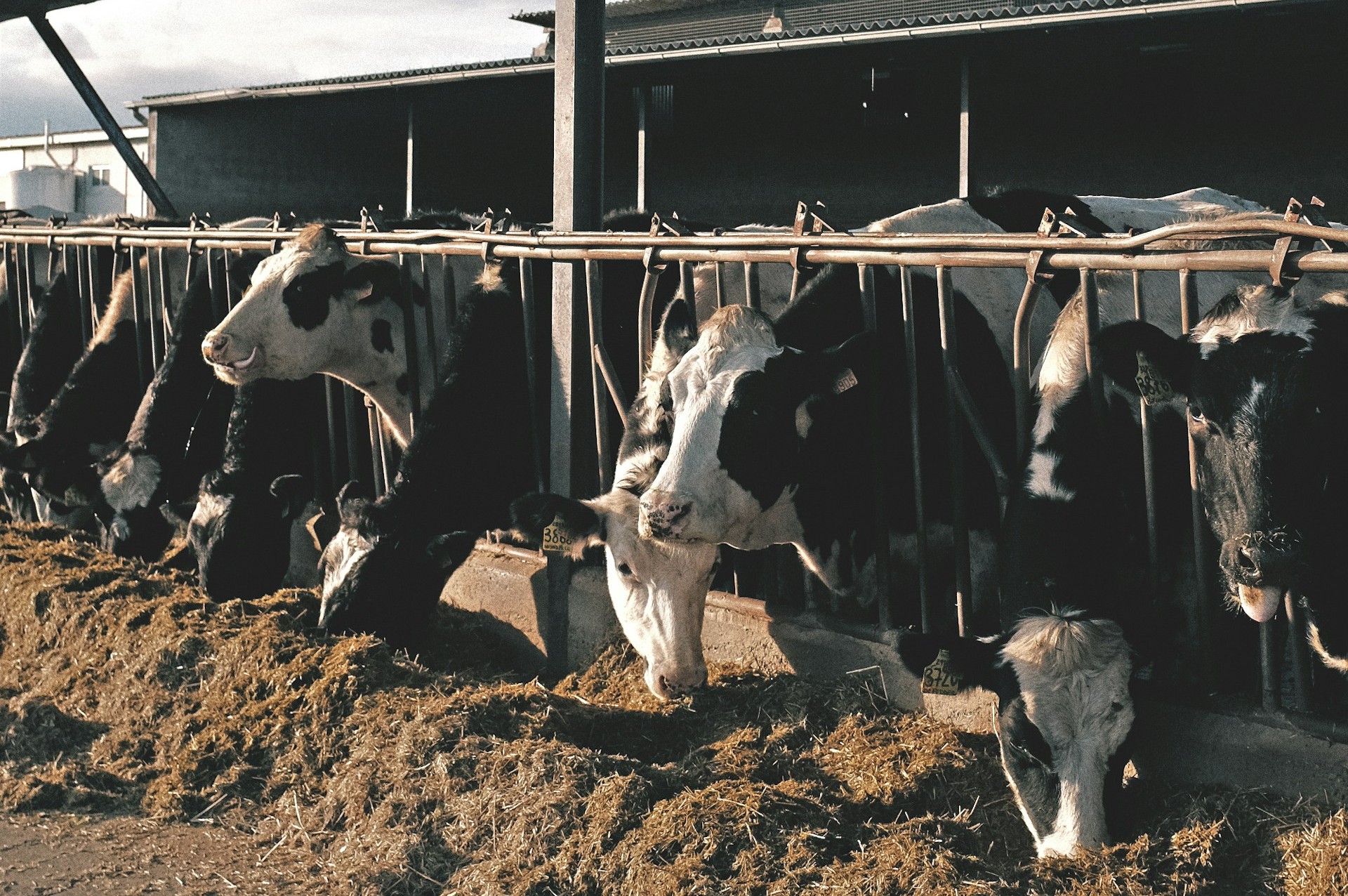Casablanca – Morocco’s avocado production has seen remarkable growth this season, with exports reaching 30,000 tons in just a few weeks, a promising start to what is expected to be a record-breaking campaign. The country’s avocado production has surged by 30% compared to last season, despite challenges posed by the ongoing water crisis and drought conditions.
According to Abdellah El Yamlahi, President of the Moroccan Avocado Association, the increase in production is a testament to the growing demand for Moroccan avocados in Europe. “This season’s export volumes represent a third of the season’s total projections, and already match 50% of last season’s full exports. Demand is strong across Europe, with consumers showing a clear preference for larger avocado sizes, particularly the Hass variety,” El Yamlahi said.
The Hass variety dominates the Moroccan avocado market, making up 90% of the export volumes. These avocados are typically shipped in sizes 12-20, aligning with the European market’s demand for larger fruit. Despite initial concerns about competition from other global avocado producers, including Peru, Morocco has capitalized on a period of low competition, which has helped maintain favorable export volumes.
However, the sector is facing its own set of challenges. Avocado cultivation is water-intensive, and with Morocco grappling with one of its worst droughts in modern history, the sector faces mounting pressure on its already limited water resources. The government has been focusing on implementing sustainable farming practices, but the water shortage remains a looming concern for the future of agriculture in the region.
The Moroccan government’s push for water conservation and sustainable irrigation methods is critical to the long-term success of the avocado market. Morocco is investing in modern irrigation technologies to optimize water usage and ensure the viability of its agricultural activities, including the avocado trade.
Despite these challenges, there is optimism within the sector. El Yamlahi expects prices to rise in January as demand increases following the European holiday season. “As usual, demand for avocados will surge after the end-of-year holidays, and we anticipate an improvement in prices as Moroccan exporters start depleting their volumes,” he explained.
Morocco’s avocado exports this season are expected to reach a total of 90,000 tons, with some forecasts predicting up to 100,000 tons, marking a significant increase from last year’s 60,000 tons. Production is concentrated along Morocco’s northern Atlantic coast, from Kenitra to Larache, where the country’s best avocados are cultivated.
The introduction of new avocado varieties, such as the “Lamb Hass,” which is expected to extend the production season into March and April, further bolsters the sector’s outlook. These varieties are better suited to Morocco’s growing conditions and have a higher yield per hectare, providing a competitive edge in global markets.
Morocco’s avocado trade is poised for continued growth, thanks to favorable market demand, improved farming techniques, and strategic exports to Europe. However, the ongoing water crisis remains a critical issue that requires urgent attention to ensure the sustainability of this thriving sector in the years to come.








